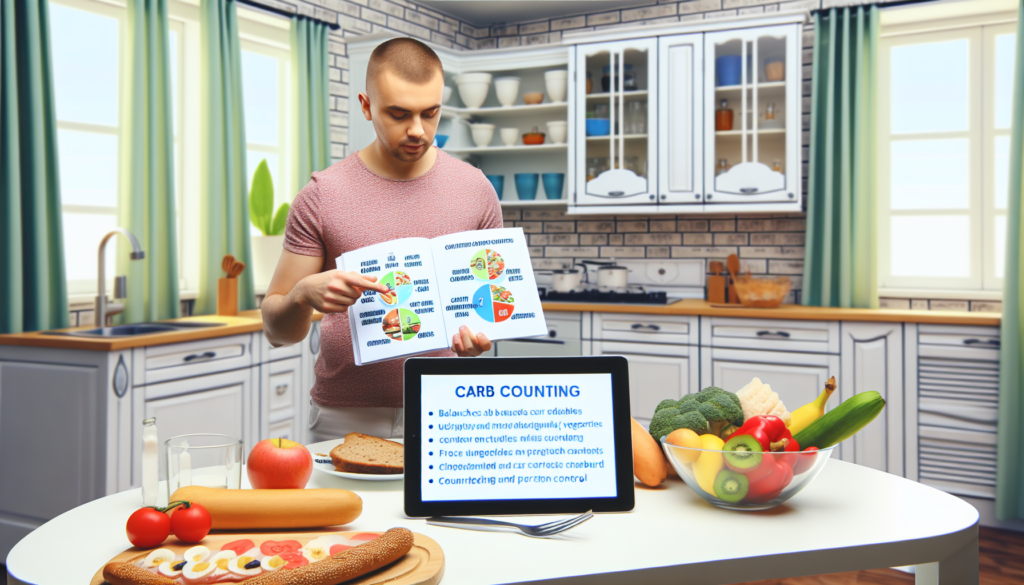Nutritional Management of Diabetes for Home Care Patients
Living with diabetes calls for adopting a lifestyle that enables you to manage the condition effectively, and nutrition plays a significant role in this regard. If you’re a home health care patient with diabetes, understanding how foods influence blood sugar levels can empower you to make healthier choices.
So, what are some nutritional strategies that can assist in diabetes management? Let’s understand it further.
Maintaining the Right Balance
Effective diabetes management begins with a well-balanced diet. It’s essential to consume a variety of foods in right amounts, focusing on whole grains, lean proteins, fruits, and vegetables. These foods help to maintain steady blood sugar levels, preventing incidents of hypo and hyperglycemia.
Carbohydrate Counting
Carbohydrates significantly impact blood sugar levels. Hence, it’s vital to pay attention to ‘carb counting’. This strategy involves understanding how many carbohydrates are in the foods you eat and planning your meals accordingly so that your blood sugar stays within a target range. Work with a dietitian or a healthcare professional to decide the amount of daily carbs that’s right for you.
Portion Control
Even while eating healthy foods, it’s crucial to pay heed to portion sizes. Large servings can lead to weight gain and make diabetes harder to manage. Use measuring cups or a scale to ensure you’re eating the right amounts. Also, divide your plate into sections, allocating protions of each meal to different types of food, such as proteins, carbs, and veggies. This can help you visually manage your portions.
Avoiding Unhealthy Fats
Diabetes increases your risk of heart disease. To reduce this risk, limit your intake of saturated and trans fats. Instead, choose foods with unsaturated fats, like avocados and fish. Also, minimize the intake of processed foods that often contain hidden unhealthy fats.
Regular Meals
Having regular meals helps prevent blood sugar spikes and crashes. Try to eat your meals and snacks at about the same time each day. If you’re on insulin, consistent meal times can coordinate with your insulin schedule to ensure your blood sugar doesn’t go too high or too low.
To sum up, effective nutritional management is vital for home-bound diabetic patients. Love for self and loved ones starts with maintaining a balanced diet. Remember, the better you eat, the better you manage diabetes, and the healthier you become.
Resources
Consider these resources for further reading on diabetes and diet:
- The American Diabetes Association: http://www.diabetes.org
- The Academy of Nutrition and Dietetics: http://www.eatright.org
- The National Institute of Diabetes and Digestive and Kidney Diseases: https://www.niddk.nih.gov/
Please consult with your healthcare provider before making any changes to your diet or treatment plan.



